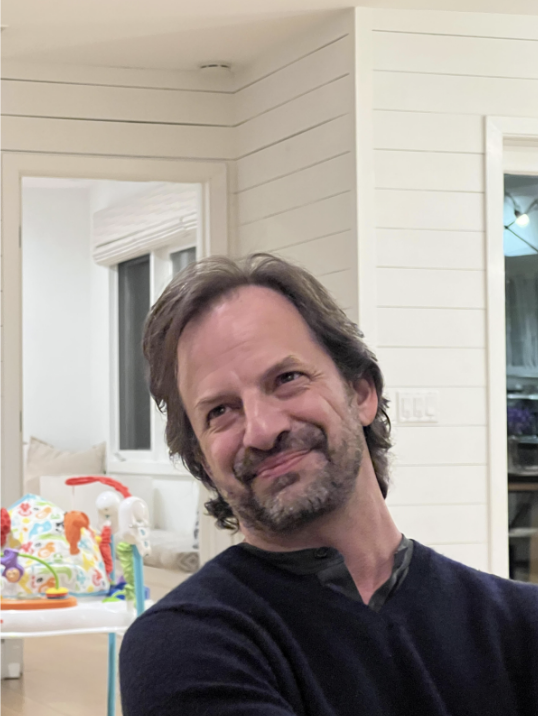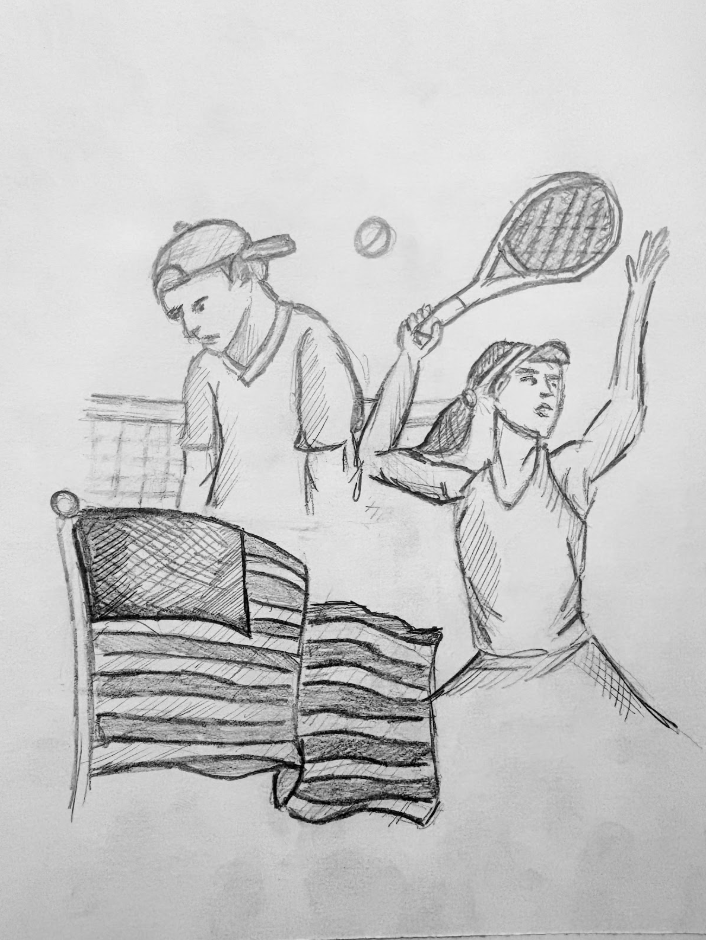One of Heschel’s key values is pluralism. If they want to live by this ideal, they must accommodate all types of Jews–Orthodox and Reform, observant and secular. While Heschel works to ensure all students feel comfortable and are able to practice as they see fit, the administration often fails to accommodate more religious students–especially with regard to mincha.
This issue became evident to me in mid-December, the day Goals for Gelt was set to take place. The program, which would raise money through soccer, was a wonderful idea. However, it was scheduled during mincha.
This is not an aberration. As sophomore Noah Barnett said, “More often than not, when the administration needs to make room in the schedule, they will either remove or double book mincha or otherwise make it impractical for students to attend.”
For example, early in the school year, mincha took place immediately after the clubs fair, when most students were still in the gym and thus unable to daven mincha.
“I feel a little bit hurt by the way mincha is in general, [often subject to] inconsistencies and double booking. It gives me a sense that tefillah is the second choice,” sophomore Eden Litt said.
I understand the logic of the administration. As very few people attend mincha, they do not see it as a priority. While this does make some sense, it mocks the pluralistic ideal, which holds that everyone should be able to practice Judaism in their own way. The fact that mincha is so often disregarded demonstrates that Heschel does not care enough to accommodate their more observant students, albeit they are a minority.
“I feel like at this school, there are a mix of priorities,” Litt said. “But we should never disregard something that is so central to this school, such as tefillah.”
As a Jewish day school, Heschel does care about tefillah. Yet their concern seems to be relegated to shaharit.
“Mincha should also be a priority,” sophomore Jordan Zarestsky said.
Notably, the administration is not solely responsible for the failure of mincha at Heschel; few faculty and even fewer students care about mincha as a time for prayer.
“This lack of respect among students, faculty, and the administration for mincha saddens my heart,” Litt said. “For example, when you ask a teacher to meet, many suggest mincha’s time slot. They view mincha as rest time, not prayer time.”
While mincha should not be mandatory, the school must respect the students who wish to pray. Teachers thus should not be allowed to meet with students during mincha.
“Judaism should be a forethought, not an afterthought,” Barnett said.
As a pluralistic school, Heschel shouldn’t force this mentality upon everyone. But, as a pluralistic Jewish school, Heschel should respect everyone–including the most religious students.










